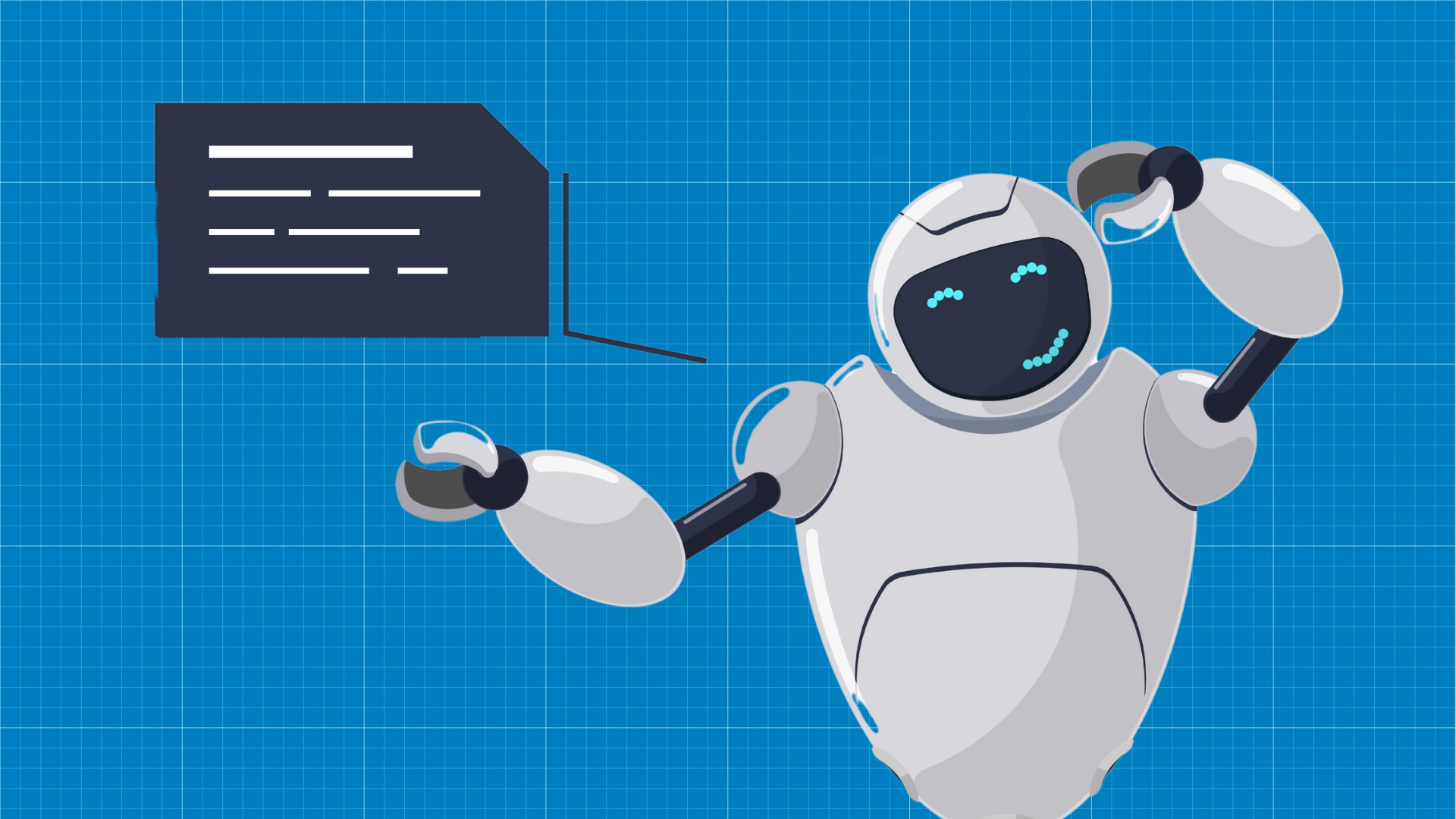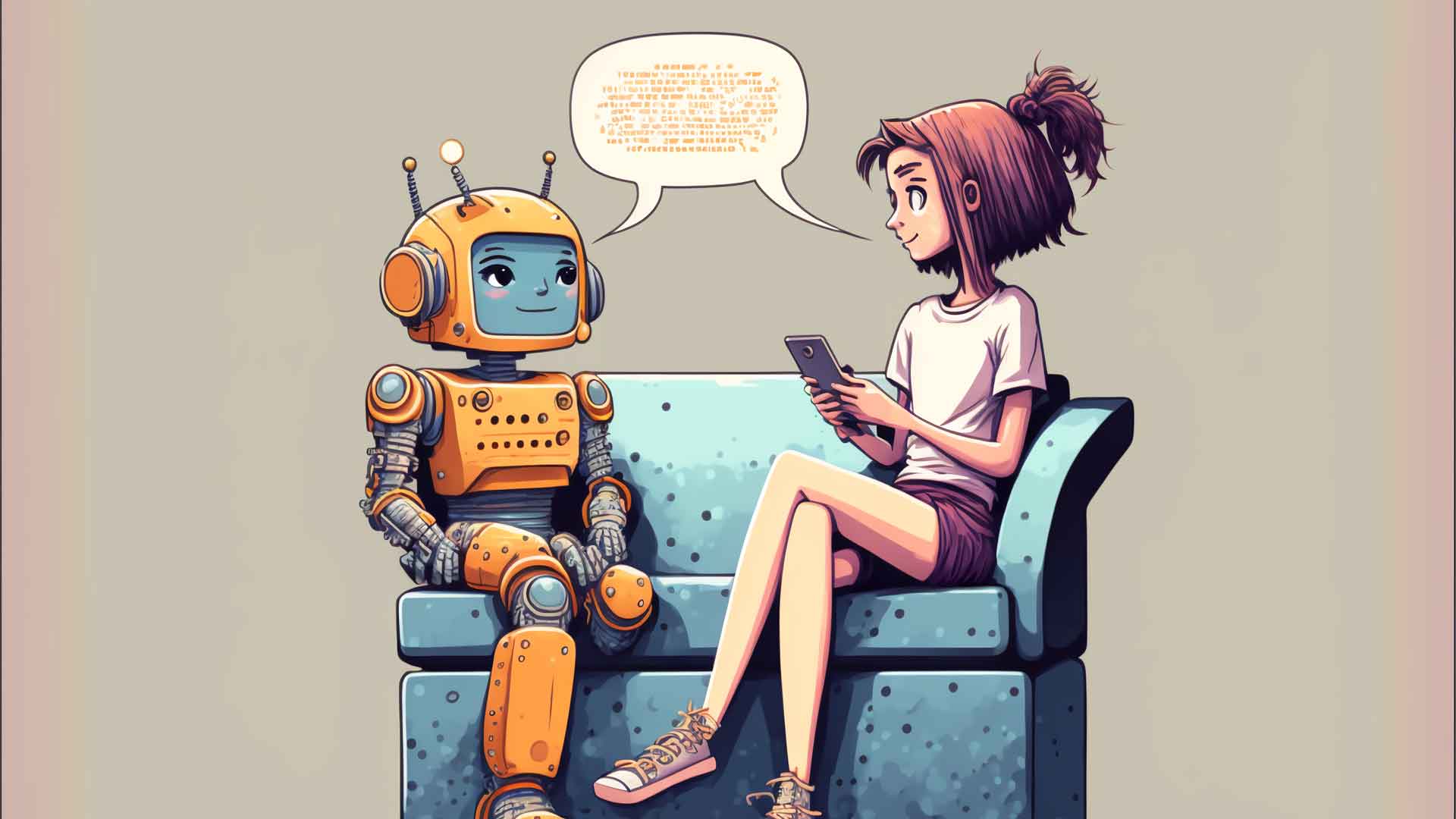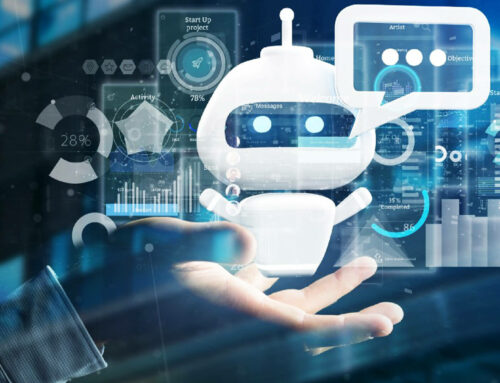Have you ever wondered if a robot could crack a joke that actually makes you laugh? We humans find humor in unexpected twists, wordplay, and shared experiences. But can AI, which relies on logic and patterns, really understand something as unpredictable as humor? Let’s explore how AI learns to joke, why humor is such a tough challenge for machines, and whether AI-generated humor could have real-world benefits like improving mental health.

Can AI Really Be Funny?
Back in the day, time before AI, only humans could tell jokes and entertain an audience. But now, with AI-generated Humor, even artificial intelligence is stepping into the world of stand-up comedy. Imagine an AI joke generator trying to crack a classic—”An onion walks into a bar…” Would it get the punchlines.ai right, or would it leave us scratching our heads? A researcher at OpenAI tested AI generated jokes and found that while some were surprisingly funnier, others missed the mark completely.
In a second study, experts tried to rate jokes generated by ChatGPT against jokes written by professional comedians. The results? Mixed! Some AI jokes had clever headlines, but the delivery lacked human charm. Despite its cutting-edge AI abilities, there’s still a limit to how well an AI model understands humor. However, with generative AI improving daily, could we see an AI comedian rocking a real stand-up stage soon? Maybe with a little training, an AI could learn to improve its timing and make comedy history!
How does AI learn to understand and create jokes or puns?
AI doesn’t have a natural sense of humor like we do. Instead, it learns humor by analyzing massive datasets filled with jokes, puns, and comedic dialogues. AI studies patterns in humor and tries to generate something similar. But it’s not as simple as just copying jokes- AI gateway must recognize wordplay, cultural references, and timing, which are crucial to making humor work.
AI humor generation often follows these steps:
- Learning from Data – AI reads and processes thousands of jokes, memes, and funny conversations to understand what makes people laugh.
- Pattern Recognition – It identifies common joke structures, like puns, irony, or absurdity.
- Generating New Jokes – AI combines words and concepts in new ways to form jokes or puns.
- Testing the Humor – AI checks if its jokes match patterns of existing humor, sometimes even using user feedback to improve.
- Refining Based on Context – AI tries to understand if a joke is appropriate for a given situation.
Here’s what Reilly James Renwick, Chief Marketing Officer at Pragmatic Mortgage Lending, says about how AI creates new types of storytelling:
“AI combines ideas to create new types of stories by blending concepts from different genres, tones, or perspectives. Tools like GPT-based platforms analyze vast datasets of existing stories and then reimagine them by mixing unexpected elements. For example, an AI might combine the structure of a classic hero’s journey with the tone of a satirical comedy to create a narrative that feels both fresh and familiar.
One example is AI-generated screenplays, like Sunspring, which was written entirely by an AI. Its quirky, unpredictable narrative sparked discussions about how AI could explore storytelling boundaries humans might overlook. In gaming, AI tools like AI Dungeon already allow players to create interactive, evolving stories in real time, combining player input with AI-generated plot twists.
AI-written genres absolutely have potential to gain traction. With audiences increasingly seeking novel experiences, AI could create hybrid genres that challenge traditional boundaries. Think sci-fi meets poetry or historical drama fused with speculative future twists. These stories could thrive in games, immersive films, or serialized content designed for streaming platforms.”
Why is humor one of the most difficult things for AI to master?
Humor is tricky because it depends on cultural context, emotions, and timing—things that AI struggles with. A joke that’s hilarious in one country might not make sense in another. Plus, humor often relies on irony or sarcasm, which require a deep understanding of human emotions and real-world situations.
Here are a few reasons why humor is so hard for AI:
- Lack of Personal Experience – AI doesn’t have real-life experiences to draw from like humans do.
- Context Sensitivity – AI might miss the right moment to deliver a joke or misinterpret the meaning behind words.
- Sarcasm and Irony – These humor styles rely on tone and body language, which AI struggles to understand.
- Cultural Differences – A joke that works in one language might not translate well into another.
Here’s what Kevin Shahnazari, Founder & CEO of FinlyWealth, says about using humor in AI:
“AI humor requires precise timing and context. After adding light-hearted elements to our AI financial advisor, I noticed users spending more time engaging with our platform and returning more frequently. The real breakthrough came from understanding when not to use humor. We programmed our AI to avoid jokes during sensitive financial discussions, which significantly strengthened user trust. I’ve seen firsthand that successful AI humor depends on reading emotional cues and understanding situational appropriateness.
Teaching AI to generate appropriate financial jokes presented unique challenges. In my experience, users connected best with simple wordplay about saving money or budgeting, while complex financial puns often missed the mark. Users tell me that well-timed, contextual humor helps them feel more relaxed when planning their finances. This feedback led my team to develop specific guidelines for when and how our AI uses humor in financial conversations.”
Could AI-generated Humor be used to improve mental health or therapy?
Laughter is a great stress reliever, and AI-generated humor could play a role in mental well-being. Imagine a chatbot that cracks light-hearted jokes to cheer you up or an AI-powered therapist that uses humor to make therapy sessions feel less intimidating.
AI humor is already being tested in some mental health apps. When used correctly, it can:
- Reduce Stress – Well-placed humor can help lighten a tense situation.
- Increase Engagement – People are more likely to interact with an AI that feels more “human.”
- Encourage Positive Thinking – A funny remark can shift someone’s mood and perspective.
- Create a Comfortable Space – Humor can make difficult topics easier to talk about.
Kevin Shahnazari also highlights the mental health benefits of AI humor in financial settings:
“Mental health applications of AI humor show promise in reducing financial stress. I’ve received numerous messages from users saying that when our AI system uses gentle humor to discuss budget planning, they feel more at ease talking about their financial situations. The key lies in personalizing the humor style to each user’s financial knowledge level and emotional state.”
The Funniest AI-Generated Jokes
AI is getting better at jokes, but not always in the way we expect. While AI-generated Humor can sometimes outperform expectations, it can also create jokes that leave us confused. Take this one:
“Why did the AI break up with its chatbot girlfriend? Because she kept repeating the same response!”
Sounds clever, right? But sometimes, AI’s sense of humor is just plain bizarre. Comedian Karen Hobbs tested jokes made by large language models (LLMs) like code-davinci-002 and found some truly strange ones. One AI-generated joke read:
“A man discovers new emotion… but it’s just hunger.”
Some AI jokes are satirical, while others are pure nightmare fuel. The fun part? Humor is subjective, so what makes one person laugh might make another scratch their head.
Here are a few things about AI-generated Humor that make it both hilarious and weird:
- AI struggles with context: Give it a prompt about animals, and it might crack a joke about a woman who rescues shelter dog but somehow turn it into a tragic story about a dog with severely matted fur instead!
- It loves clickbait humor: AI once tried to write a joke with the line: “Severely matted fur will inspire you to open a new tab and visit another website.” Now, that’s an odd way to make someone laugh!
- It’s great at acronyms, but not comedy: One AI joke attempted to define LOL as “Llamas On Ladders.” Creative? Yes. Funny? Maybe not.
- It can’t always replicate human timing: The best comedians know when to pause and deliver the punchline, but AI tells jokes like it’s reading an instruction manual.
While AI-generated Humor is still improving, it has its limitations. Maybe one day, AI will crack the perfect joke, but for now, if you want a real laugh, you might need to stick to human comedians—or at least adjust your rating scale for AI jokes!

Should We Fear an AI Comedian?
Imagine walking into a comedy club, excited for some AI-generated Humor, and instead of a human, an AI comedian takes the stage. Could AI text really replace human comedians? Well, let’s think about it. AI can scrape millions of jokes, rewrite punchlines, and even collaborate with professional writers. But does that mean it can truly be hilarious? Comedian Drew Gorenz once said that good comedy is about personal experiences, emotions, and commentary on real life. Can AI ever tell a joke that makes you say, “Wow, I’ve never felt this way my whole life”? Probably not.
Sure, AI can be great at fill-in-the-blank humor, like in the party game Quiplash, where players complete funny sentences. But does that make it a real comedian? Comedy is deeply tied to psychology, timing, and human connection. Even when GPT tries to be humorous, it often fails to describe it properly. Plus, AI jokes run into copyright issues since they often remix existing material instead of creating something new. So, should we fear an AI comedian? Maybe only if we’re worried about hearing the same chatbot joke over and over again!


